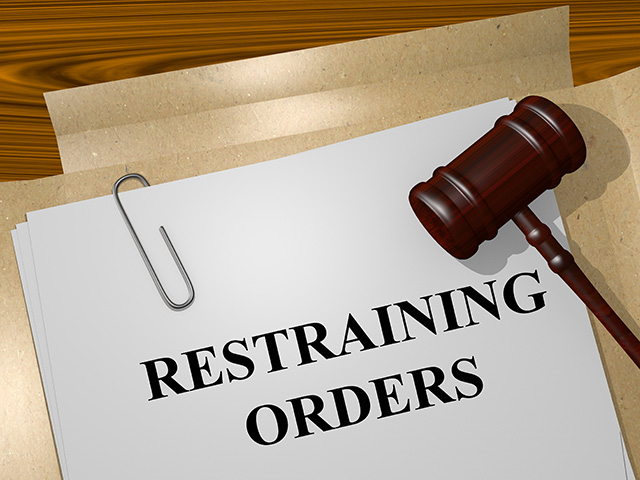Domestic violence happens to both women and men from all walks of life. Commonly referred to as restraining orders, New Jersey provides protective court orders to safeguard the victims. Domestic violence victims need a line of defense. The first step is to admit what’s happening and decide to do something about it. By filing for a temporary restraining order, victims of domestic violence take an important step toward independence and healing.
Temporary Restraining Orders in New Jersey
Domestic violence victims need to file for a temporary restraining order. They’re relatively easily attainable, especially in comparison to permanent restraining orders. Though a victim can petition an order through the local police station after Court hours, the Family Division of the Superior Court handles these during court hours. At this point, there is no need to prove allegations. The victim will need to detail, both in writing and orally, the type of domestic violence they have experienced. If the court believes that behaviors fall within domestic violence guidelines, and that the petitioner’s claims are credible, it can issue a temporary order.
After the initial issuance of a temporary restraining order, until the next hearing, temporary restraining orders remain in effect. They may or may not become permanent at that next hearing.
Permanent Restraining Orders in New Jersey
As the name implies, this restraining order is permanent. At a future date, however, a petition can be filed with the court by the victim to withdraw the order. If without threats or coercion, the court feels that the withdrawal request is made in earnest, the complaint can be dismissed by the court. The restrained party can likewise file a petition, but this can be somewhat difficult in the context of existent case law.
To decide if a permanent order issuance is warranted, a hearing is held approximately 10 days after the issuance of a temporary protective order. The victim will need to prove two things for issuance to occur:
- The victim has reason to fear for their safety.
- The level of violence or harassment that truly occurred.
- The need for a restraining order to help prevent further instances of domestic violence.
For this hearing, the defendant may testify, and the victim will need to testify under oath. In cases of domestic violence, however, it can be difficult for victims to confront the persons who have hurt them. A compassionate attorney goes a long way in assisting the victim in this endeavor.
What’s in a Restraining Order?
A restraining order defines what not to do concerning the person whom the order was taken out against.
The following may well be included in a restraining order:
- Do not visit the victim’s home.
- Do not have contact with the victim’s children.
- Do not have contact with the victim.
- Do not visit the school that the children attend.
- Do not visit the place of employment of the victim.
- Do not possess a firearm if the court is of the opinion that a threat to the victim’s safety for life exists.
- Risk assessment.
- Psychological evaluation.
- Attorney’s fees and costs as compensatory damages, as well as property damaged.
Restraining Order Violations
If a person violates a court ordered restraining order, there are penalties. Violations of family court ordered restraining orders are dealt with in family court. Violators could be subject to both jail time and fines if they are found in contempt of court.
Romanowski Law Offices Assists with Restraining Orders
Romanowski Law Offices knows all too well that in America today, domestic violence is running rampant. One in four men and one in three women have experienced some type of domestic violence. At the hands of an intimate partner, every minute in the United States, nearly 20 people suffer some type of physical violence. If you need protection, Romanowski Law Offices will help you obtain a restraining order and can, additionally, assist with the enforcement of it. Don’t suffer in silence one moment longer! Take charge of your life.
Contact us today to put an end to civil family domestic violence.

